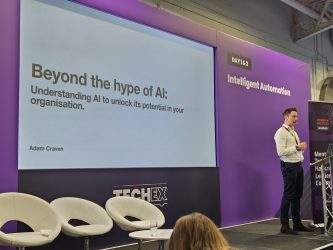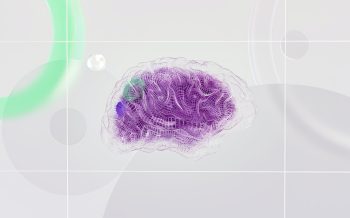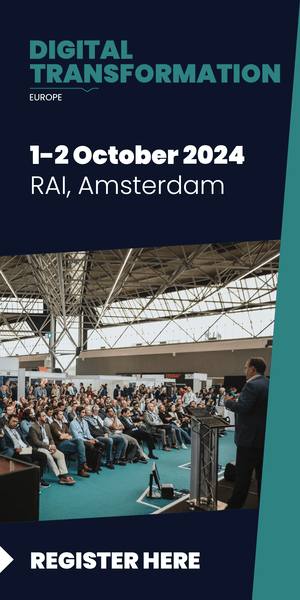NLEPs: Bridging the gap between LLMs and symbolic reasoning
Researchers have introduced a novel approach called natural language embedded programs (NLEPs) to improve the numerical and symbolic reasoning capabilities of large language models (LLMs). The technique involves prompting LLMs to generate and execute Python programs to solve user queries, then output solutions in natural language.
While LLMs like ChatGPT have demonstrated impressive performance on various tasks, they often struggle with problems requiring numerical or symbolic...
















